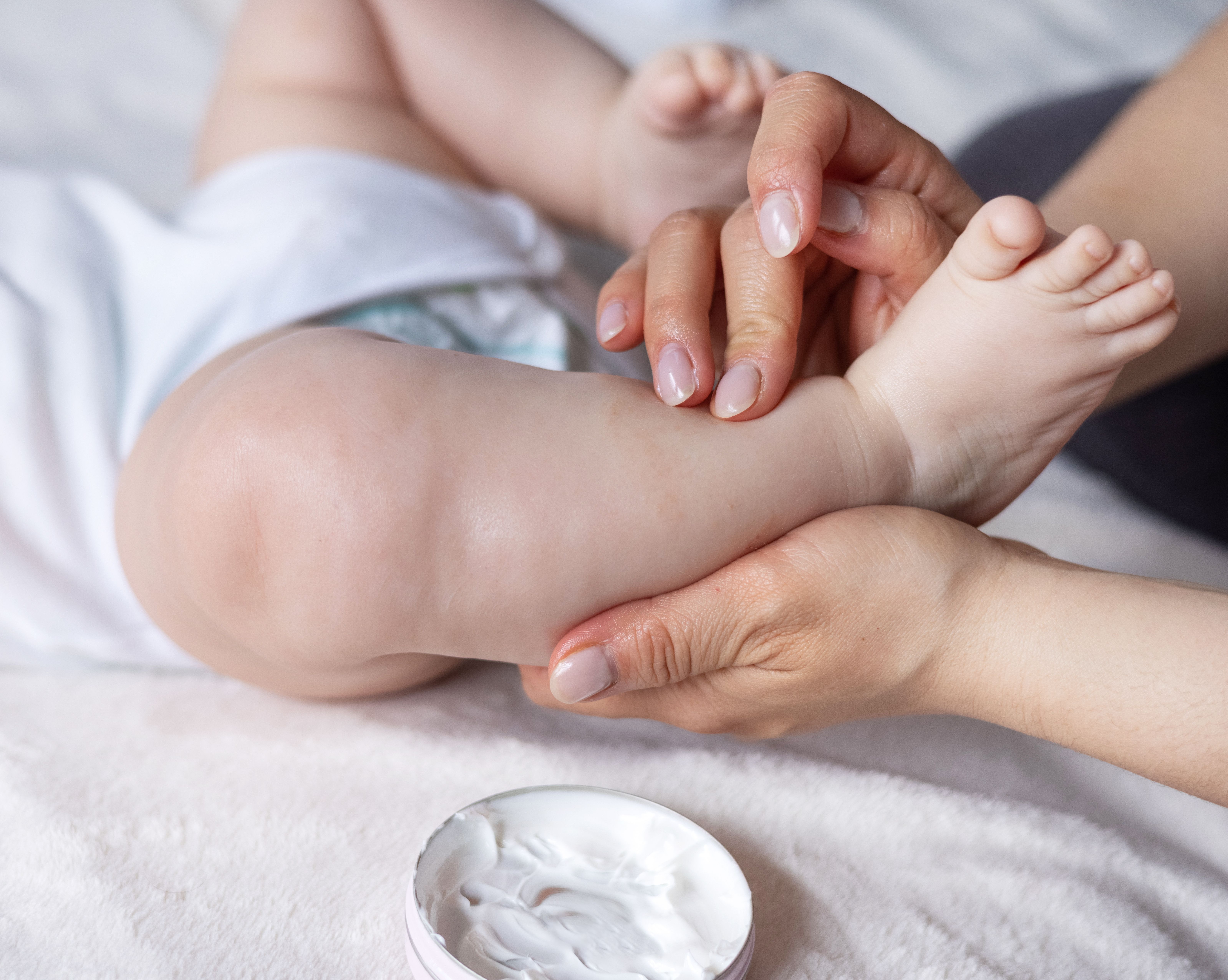- Acne
- Actinic Keratosis
- Aesthetics
- Alopecia
- Atopic Dermatitis
- Buy-and-Bill
- COVID-19
- Case-Based Roundtable
- Chronic Hand Eczema
- Drug Watch
- Eczema
- General Dermatology
- Hidradenitis Suppurativa
- Melasma
- NP and PA
- Pediatric Dermatology
- Pigmentary Disorders
- Practice Management
- Precision Medicine and Biologics
- Prurigo Nodularis
- Psoriasis
- Psoriatic Arthritis
- Rare Disease
- Rosacea
- Skin Cancer
- Vitiligo
- Wound Care
News
Article
New Treatment Strategies and Therapies in Pediatric Dermatologic Conditions
Author(s):
Adelaide Hebert, MD, reviewed ichthyosis, epidermolysis bullosa, molluscum contagiosum, and more at the 2023 Fall Clinical Dermatology Conference for PAs and NPs.
Alexandra/AdobeStock

Treating rare or even common dermatologic conditions in pediatric patients requires expert knowledge as well as compassion. Attendees at the 2023 Fall Clinical Dermatology Conference for PAs and NPs were eager to attend Adelaide Hebert’s, MD, session, “What is New in Pediatric Dermatology.” Hebert, the chief of pediatric dermatology at the McGovern School of Medicine in Texas, began her session by discussing evaluation strategies for rare pediatric dermatologic conditions, including ichthyosis and epidermolysis bullosa.1
Beginning with ichthyosis, Hebert recommended the Yale School of Medicine’s ichthyosis registry, which allows providers to register patients with no cost and there is no payment required for testing. Patients, caregivers, or providers can contact the National Registry for Ichthyosis and Related Skin Disorders by emailing ichthyosisregistry@yale.edu.
For epidermolysis bullosa, Krystal Biotech recently received FDA approval of beremagene geperpavec (B-VEC; Vyjuvek) for the treatment of dystrophic epidermolysis bullosa (DEB). DEB is a genetic disease with mutations in the COL7A1 gene which encodes type VII collagen, an essential protein that strengthens and stabilizes the outer and middle layers of the skin. The topical B-VEC provides skin cells with 2 COL7A1 gene copies to produce functional collagen VII proteins.
Moving on to vascular lesions, Hebert reviewed a case of Kaposiform hemangioendothelioma (KHE) treated with sirolimus. By week 12, the 3-month-old patient had significant improvement in the regression of KHE. Hebert mentioned that there are adverse effects of sirolimus to keep in mind, including oral ulcers, immunosuppression, dyslipidemia, nephrotoxicity, anemia, diabetes, impaired wound healing, and pneumonitis.
Additionally, Hebert mentioned a new topical sirolimus formulation that can be used for the treatment of facial angiofibromas. Sirolimus topical gel 0.2% can be applied twice a day to pediatric patients aged 6 to 11 years old, with a maximum dosage of 600mg (2cm/day) a day. If the patient is 12 years or older, the gel can be applied twice a day with a maximum dosage of 800mg (2.5cm a day). Occlusive dressings should be avoided. Hebet noted that there is no black box warning for sirolimus topical gel.
Lastly, Hebert reviewed 2 potential new treatments for molluscum contagiosum, VP-102 (Verrica Pharmaceuticals) and berdazimer gel 10.3% (Novan Inc). Verrica and Novan Inc. have been in constant competition with one another to have the first FDA-approved molluscum contagiosum treatment, which primarily affects children. VP-102 (cantharidin 0.7%) is a topical solution in a single-use applicator to reduce cross-contamination and is administered by a health care provider. The precise opening allows for the targeting of affected skin and reliable dosing. Berdazimer gel 10.3% is a nitric oxide-releasing medication currently in phase 3 of clinical development. The topical gel contains berdazimer sodium, which is a macromolecule composed of apolysiloxane backbone with covalently bounds N-diazeniumdiolate nitric oxide donors. Both treatments have the potential to be the first FDA-approved therapy for molluscum contagiosum.
Reference
- Hebert A. What is new in pediatric dermatology. Presented at the 2023 Fall Clinical Dermatology Conference for PAs and NPs; June 9-11, 2023; Orlando, FL.
Newsletter
Like what you’re reading? Subscribe to Dermatology Times for weekly updates on therapies, innovations, and real-world practice tips.













